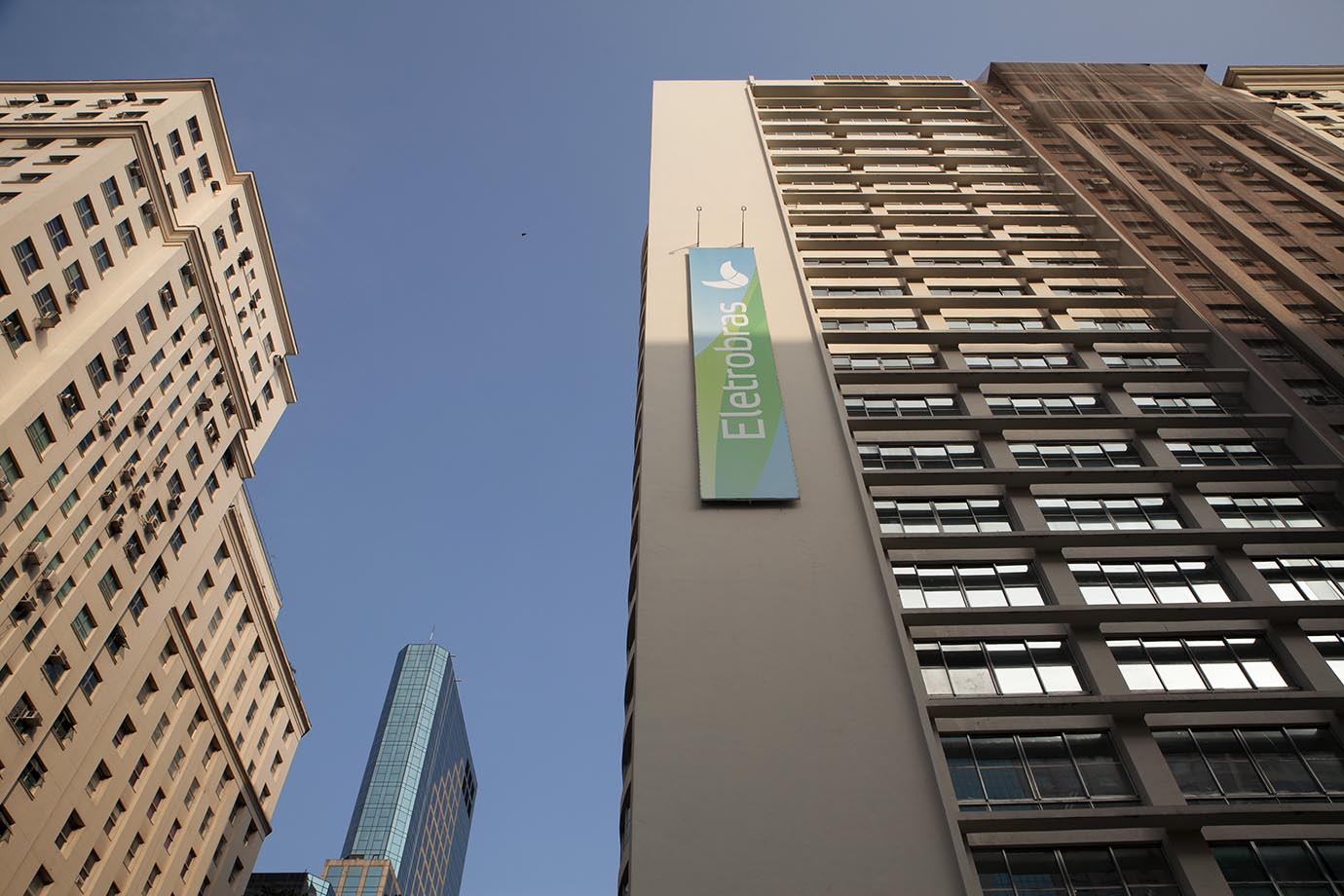RIO DE JANEIRO, BRAZIL – Brazil’s lower house of Congress on Monday approved the main text of a bill allowing the privatization of state-controlled energy giant Eletrobras, with the measure to advance to President Jair Bolsonaro for approval after amendments are considered.

The government-proposed bill would privatize Latin America’s biggest power utility, by floating shares on the stock market, with the state relinquishing control by diluting its current 61% stake down to approximately 45%. The government will retain a golden share to veto hostile takeovers and other strategic threats.
The Bolsonaro administration expects to raise roughly R$25 billion (US$5 billion) from the share sale. The proceeds will go to the Treasury to pay for the renewal of concessions for Eletrobras hydroelectric plants and transmission lines.
The privatization of Eletrobras has met with opposition from politicians, mainly on the left.
To win support among lawmakers, Congress added provisions including the mandatory commission of gas-fired thermoelectric plants in key regions that critics said would push up electricity prices.
The bill passed by the Senate on Thursday increased the thermal gas plant requirement to 8,000 MW from 6,000 MW but rejected an amendment extending subsidies for coal-fired power generation. The plants would be built under 30-year private concessions.
Eletrobras will be privatized at a time when Brazil is facing the threat of electricity rationing due to the worst drought in nearly a century. Thermoelectric plants are working at capacity generating more expensive power.
Critics of the privatization bill say it will lead to more costly electricity.
Even though they back the privatization of Eletrobras, large industrial consumers represented by ABRACE opposed the changes made to the bill in Congress and said the power sector would be better off without them because it would reduce competitiveness and deter investment.
ABRACE estimated that the bill passed by Congress will cost consumers R$56 billion, half of that going to building gas-powered plants in places where there is no natural gas, not counting regional incentives and taxes.
Source: Reuters

